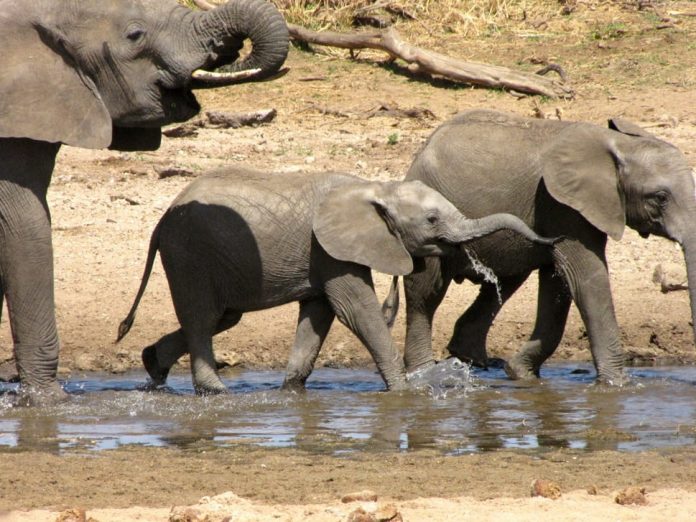Nature endowed Planet Earth with great scenery and beauty. But the Scriptures say that God put everything in the control of man. So, whether man uses his authority and knowledge to do good or evil is a different matter. For instance, man has been hunting wild animals for food and pleasure, in the hope, that they are capable of replenishing themselves. But is this right? Does wildlife replenish itself?
A study by the Tanzania Wildlife Research Institute, TAWIRI, has shown that elephant poaching in the country has greatly reduced. Scientists from international institutes and TAWIRI recently published a paper on patterns in wildlife distribution and elephant carcasses seen in the Ruaha-Rungwa ecosystem in southern Tanzania.
TAWIRI Director General, Dr. Simon Mduma insists that through aerial surveys and spatial analysis, the team revealed that poachers preferred to operate in the wet season – when swollen rivers mean travel by road is difficult and tourism gets minimal. “The study also revealed that signs of poaching tended to be away from the main, well equipped ranger posts, where the aerial surveys discovered fewer carcasses,” he said.
However, the TAWIRI boss insisted, three out of fifteen ranger posts showed increased numbers of carcasses within a radius of up to 10 kilometres. The decline of elephants in the country was proven in 2015, meaning, the recent advanced statistical analysis can be used to directly target vulnerable areas based on past data. The recent study used data from three successive aerial surveys during the peak of the poaching crisis from 2013-elephant carcasses across the region.
Stakeholders had asked TAWIRI to use more advanced methods to analyze map data, instead of the simple trends normally drawn showing patterns in total population over time.
The Tanzanian High Commission in London said the government has been taking the issue of poaching very seriously. “With the alarming downward trend of the early 2000s the government could not have afforded any complacency,” reads a statement. Between 2010 and 2015 the government conducted three major operations that showed reasonably satisfactory results in terms of arresting poaching trends, protecting the elephants and developing more integrated and robust strategies.


















